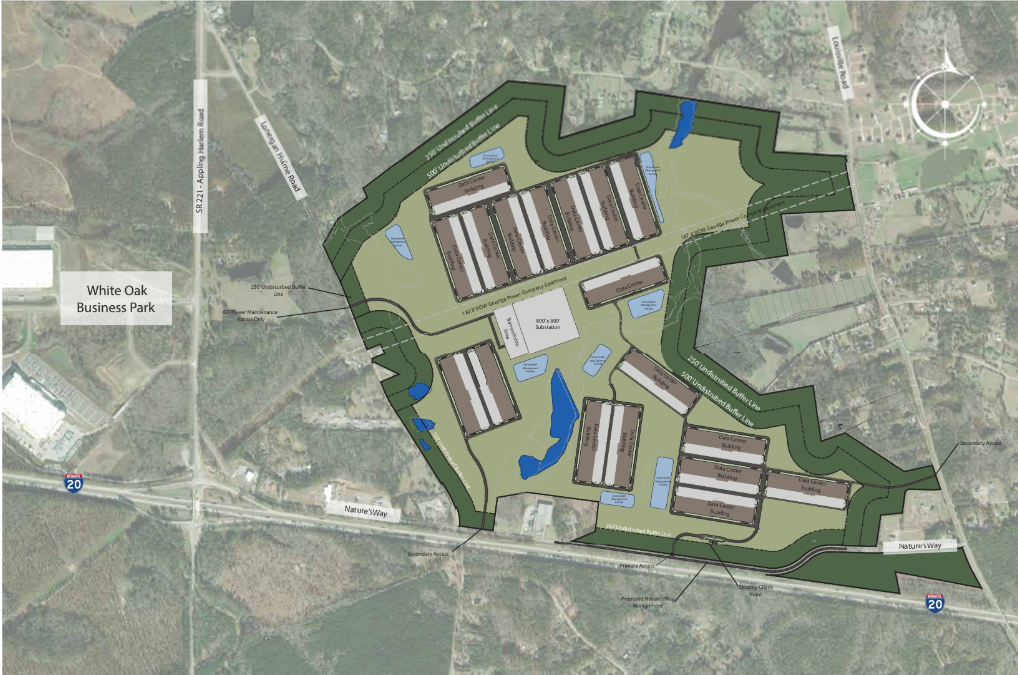Augusta employee retention continues to rebound from pandemic lows. The local government retained 86% of its full-time workforce from 2023 to 2024, Human Resources Director Anita Rookard told commissioners at a Monday budget retreat.
All told, the workforce included 2,276 full-time employees in January and 2,709 now, according to her presentation.
MORE: District 131 seat to be decided in runoff election Tuesday
“It doesn’t matter how many streetlights we put in or how much sewer work we need to do. It takes people to do those jobs,” Rookard said.
The government accomplished this in part due to 3% retention increases in 2022 and 2023 and a 3% cost-of-living adjustment in 2024, Interim Administrator Takiyah Douse said.
Keeping workers engaged means creating new programs such as We Care, a childcare program that’s become extremely popular. Many public safety workers are single moms and utility workers are often single dads, Rookard said.
Overall the city has “great benefits,” but sometimes must teach personnel how to take advantage of them and look near and far for personnel to fill hard-to-find positions such as engineers or public safety, she said.
“We have to recruit in those areas to bring people to Augusta, especially in public safety,” she said. “We can’t just sit here and think people will come.”
There was other good news at the retreat. The legislature approved a $2 daily increase to house prison workers at Richmond County Correctional Institute. The county tax digest has increased for six consecutive years. It grew by 16% in 2022 and 24% in 2024, Finance Director Donna Williams said.
The growth may be slowing but hasn’t stopped, and many homeowners will find out their home’s new assessment on reassessment notices online or in the mail in the coming days, she said.
The notices show a home’s taxable value used to calculate their local government and school tax bill, due in the fall. The commission typically sets, or lowers, tax rates in August before the bills go out.
Sales taxes continue to come in at record levels, averaging $4.88 million a month for a single 1% tax, to the extent that Sales Tax 8 will be collected 18 months early, by the end of 2026, Williams said.
Public safety continues to be the public’s biggest priority and the government’s largest expense. In the government’s $200 million general fund, $83 million goes to public safety, she said. Half of that is controlled by elected officials who don’t report to the Augusta Commission.
The next largest portion is $73 million that funds direct reports to the commission and administrator, Williams said. The rest of the government’s $1.1 billion budget is committed to special revenue, enterprise or capital project funds.
The retreat touched on ways to increase revenues, including raising the hotel-motel tax from 6% to 8%, which many cities have already done.
The increase would raise as much as $2.5 million in new revenue, but the funds are reserved for tourism and split between Augusta-Richmond County Coliseum Authority and Destination Augusta.
The city’s transit fare is $1.25 and hasn’t been raised in 14 years but is a “drop in the bucket” toward covering the cost of the service, Williams said.










